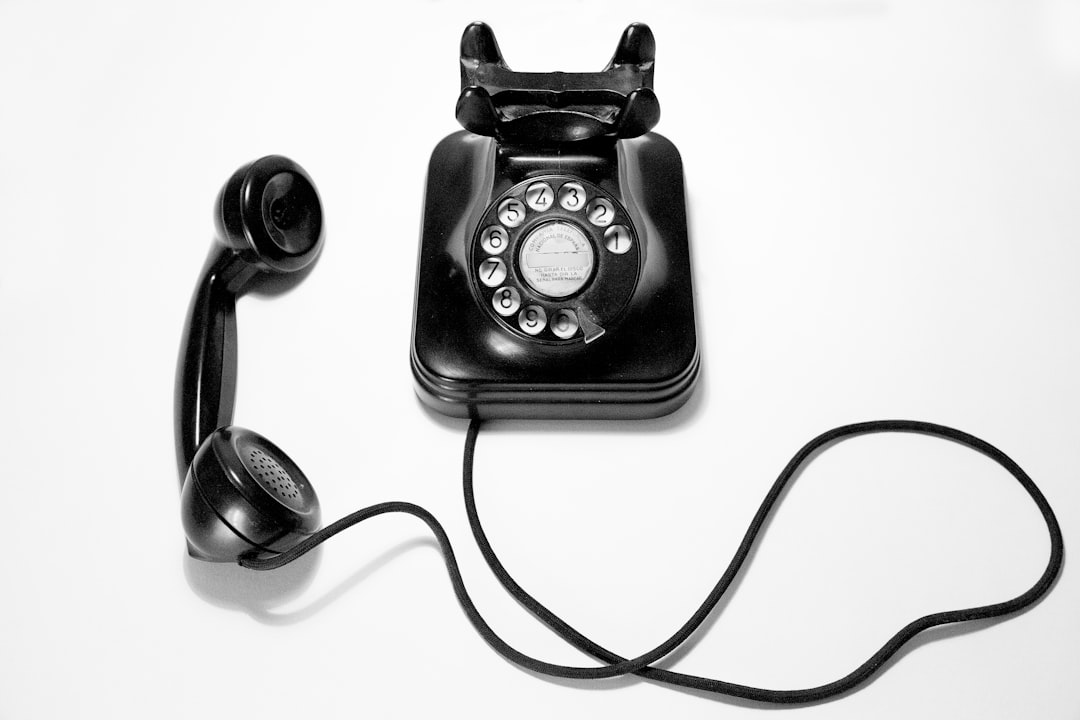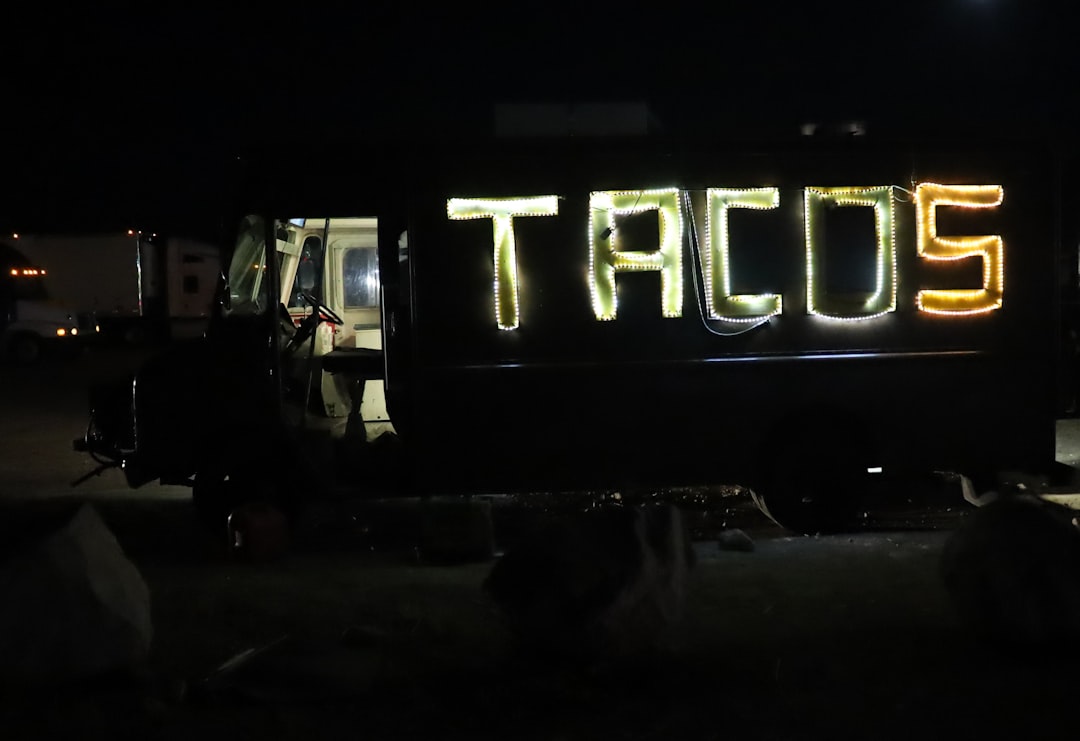Robocalls have become a pervasive issue, impacting businesses in Nevada and across the US. The Telephone Consumer Protection Act (TCPA) provides individuals with the right to sue for damages caused by unwanted robocalls. In Nevada, both federal and state laws protect consumers from these intrusive messages. To take legal action in Nevada, you must prove the calls were unsolicited, identify the caller as a business, and demonstrate a violation of TCPA or relevant Nevada laws. Businesses facing financial losses and reputation damage due to robocalls can explore legal avenues, including potential lawsuits, while also implementing advanced call screening and blocking systems for future protection. Consulting legal experts specializing in telecommunications is crucial to understanding your rights and the best course of action regarding robocalls in Nevada.
In the digital age, robocalls have become a persistent nuisance for Nevada businesses, potentially impacting their operations and customer relationships. This article delves into the challenges posed by automated phone calls, exploring their widespread impact across the state’s business landscape. We analyze the legal framework surrounding robocalls in Nevada, including the specific regulations and if you can legally sue for these unwanted calls. Additionally, we provide practical strategies to help businesses combat robocalls and protect their interests.
Understanding Robocalls and Their Impact on Nevada Businesses

Robocalls, or automated phone calls, have become a ubiquitous yet unwanted part of modern communication. In Nevada and across the nation, businesses are facing a growing challenge from these automated messages, which often serve as marketing tools but can be highly intrusive. When used irresponsibly, robocalls can significantly impact business operations and customer relationships.
For Nevada businesses, dealing with robocalls presents unique concerns. While some calls may promote local services or products, others can be misleading or even fraudulent. More importantly, the Telephone Consumer Protection Act (TCPA) allows individuals to sue for damages if they receive unwanted robocalls. Understanding this legal framework is crucial for businesses aiming to protect their interests and that of their customers. If you’ve been affected by excessive or illegal robocalls in Nevada, exploring legal avenues, including potential lawsuits, can be a viable option.
Legal Framework: Are There Laws Against Robocalls in Nevada?

In Nevada, like many other states, robocalls are regulated by state and federal laws designed to protect consumers from unwanted and fraudulent calls. The Telephone Consumer Protection Act (TCPA) is a key federal law that restricts the use of automated dialing systems and prerecorded messages for telemarketing purposes without prior express consent. Additionally, Nevada’s Assembly Bill 467 further enhances protections against robocalls by requiring clear and conspicuous disclosures on outgoing automated calls.
If you’ve received unwanted robocalls in Nevada, you may have legal recourse. The TCPA allows individuals to sue for damages if they believe their rights have been violated, and this includes cases where a business uses an automated dialing system without permission. If you can demonstrate that the calls were unwanted and caused you harm, you might be able to recover money damages or block future calls through a court order. The ability to sue for robocalls in Nevada is an important step in combating these intrusive practices and ensuring businesses adhere to consumer protection laws.
When is It Valid to Sue for Robocalls in Nevada?

In Nevada, it is generally valid to sue for robocalls if they violate federal or state laws designed to protect consumers from unsolicited telephone marketing calls. The Telephone Consumer Protection Act (TCPA) at both the federal and state levels prohibits businesses from making automated or prerecorded phone calls to individuals without their prior express consent. If a Nevada business makes such calls without permission, it can be held liable for damages, including statutory penalties and actual damages suffered by the recipient.
To successfully sue for robocalls in Nevada, you’ll need to demonstrate that the calls were unwanted, that the caller was identified as a business, and that the calls violated the TCPA or relevant Nevada laws. Keep records of the calls, such as call logs, screen shots, or any documentation that shows the nature of the calls and the lack of consent. This evidence can be crucial in establishing your case.
Protecting Your Business: Strategies to Combat Robocalls

Robocalls can be a significant nuisance for businesses in Nevada, leading to potential financial losses and reputational damage. Protecting your business from these automated calls is crucial. One effective strategy is to implement robust call screening and blocking systems. This involves using advanced phone software that identifies and blocks robocalls at the network level. Additionally, educating employees about recognizing suspicious calls and implementing strict protocols for handling unknown callers can significantly reduce the impact of robocalls.
Legal remedies are also available for businesses in Nevada facing relentless robocall campaigns. If a business can demonstrate harm caused by the robocalls, such as increased operational costs or customer frustration leading to sales losses, they may have grounds to sue under relevant consumer protection laws. Consulting with legal experts specializing in telecommunications and consumer rights can help determine if you can sue for robocalls in Nevada and guide your business on the best course of action to protect itself in the future.






